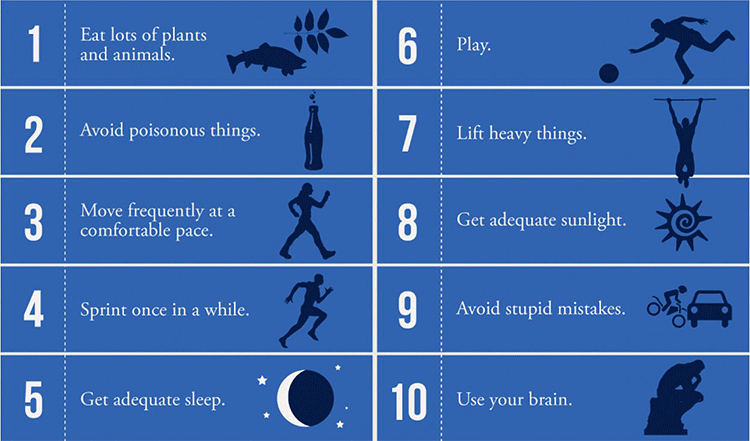The Cambridge Dictionary defines the word expectation in several ways, and there’s a slight twist when comparing the US vs. the British definitions…
US: the feeling or belief that something will or should happen
UK: the feeling that good things are going to happen in the future; the feeling of expecting something to happen, what you believe or hope will happen in the future
At the risk of sounding a little too old school, I’d venture that – when it comes to personal health, wellness, and fitness – many of us have allowed the impatient, “I want it right now, dammit” tone dominating society now to impact how we view our own approach to, and our progress in, an effort to up our game and live healthier.
The longer I actively practiced medicine the more convinced I became that, for a variety of reasons we’ll talk about over the next several weeks, most of us have expectations regarding health, fitness, and function that are hugely divergent from our own personal realities, and if you’re not a thoughtful steward of expectations – lousy results often follow, many times leading to failure and disaster.
Here’s an example of what I’m talking about. During the last fifteen or so years in practice, I focused on the conservative management of spine disease and injury. Most of the patients I treated were older than thirty-five, overweight – some massively, poorly conditioned, sedentary or close to it, consumed some variation of the Standard American Diet, and many engaged in some other high risk health behavior, smoking and recreational drug use being the most common.
Most of the patients I treated stepped into my office with the expectation that, with some wave of the technological magic wand helped by some pharmacologic sorcery, their pain would somehow be resolved with minimal effort otherwise on their part.
Managing these expectations was in reality perhaps my biggest challenge in the medical game; it required patient, consistent, endless education, helping people understand what was wrong, why it happened, how recovery and restoration of function actually happens, and what the potentials were down the road for improvement and gains.
You can guess how the story unfolded; a minority really dug in, listened, learned, made life and activity changes, and genuinely improved. A bigger group went through the motions, did the minimum to quiet the problem at hand, and resumed their destructive lifestyle to return with another back pain crisis a few months down the road. Another minority refused to engage, and went off seeking the holy grail of a no-effort recovery, usually unhappy, bitter, and disparaging on the way out the door.
Health and Fitness After 40: Managing the Expectation Game
Over the next few weeks we’re going to tackle some of the expectations those of us over 40 (you could argue over 30 for most in America today) have regarding our own personal health, wellness, and fitness; of course we all want to be more fit, closer to our best weight, sharper, more engaged and energetic, and live as long as a highly functional – and happy – human as we possibly can.
Before your expectations derail your progress on your journey, let’s spend some time looking in more detail at some common areas where our expectations can quickly breed frustration. We’ll start with a fairly candid look at weight loss expectations next week, followed by a number of other topics in the weeks to come.





 Well, the rub works amazingly well on pork tenderloin as well, and speaking of pork tenderloin, have you tried cooking it medium rare using a sous vide technique? Sous vide is a wonderful tool to use to produce great proteins (and more), and pork tenderloin, along with a great steak (ribeye around our house), might just be the crown jewel of sous vide meats in terms of bang for your buck and return on your (rather modest) efforts.
Well, the rub works amazingly well on pork tenderloin as well, and speaking of pork tenderloin, have you tried cooking it medium rare using a sous vide technique? Sous vide is a wonderful tool to use to produce great proteins (and more), and pork tenderloin, along with a great steak (ribeye around our house), might just be the crown jewel of sous vide meats in terms of bang for your buck and return on your (rather modest) efforts.

 There’s no way possible to have the discussion about influential books written in the past quarter century covering health and wellness without mentioning Mark Sisson’s The New Primal Blueprint.
There’s no way possible to have the discussion about influential books written in the past quarter century covering health and wellness without mentioning Mark Sisson’s The New Primal Blueprint.



